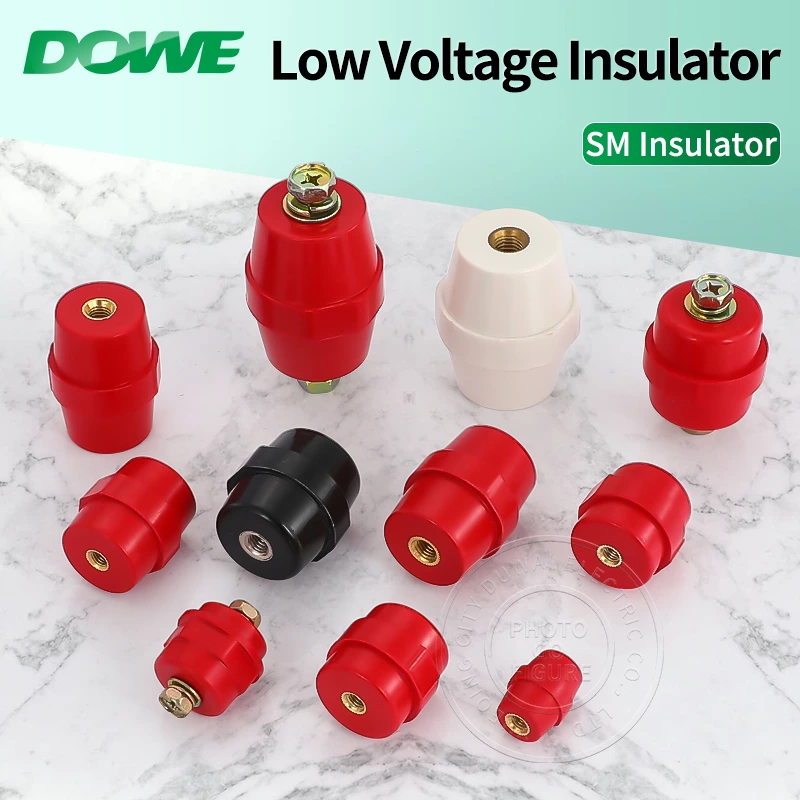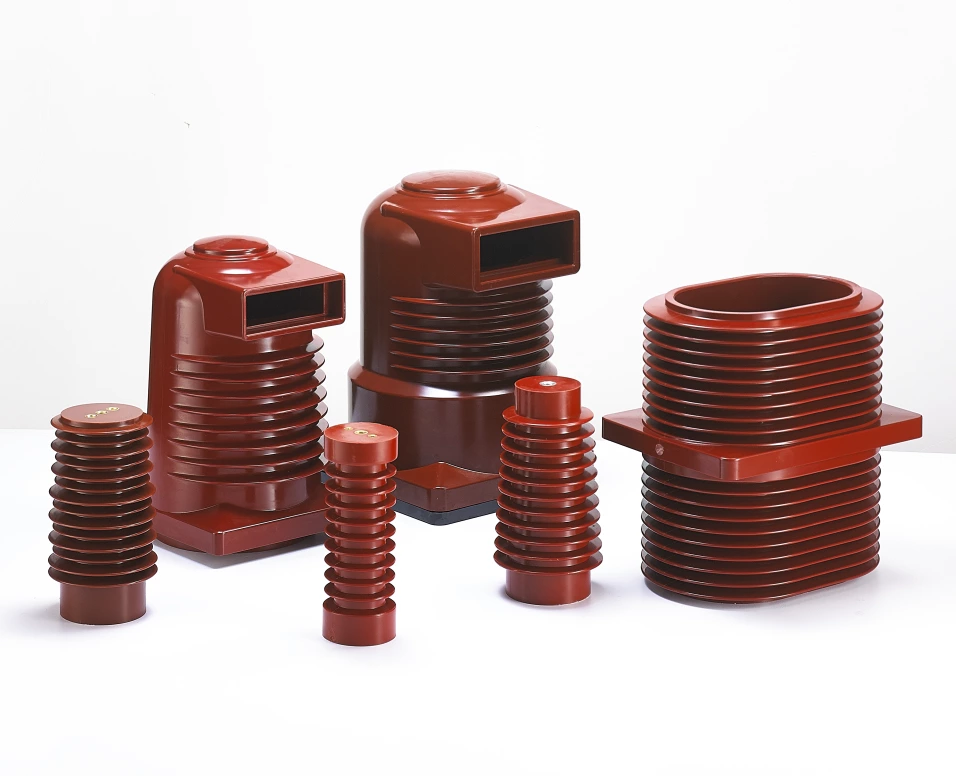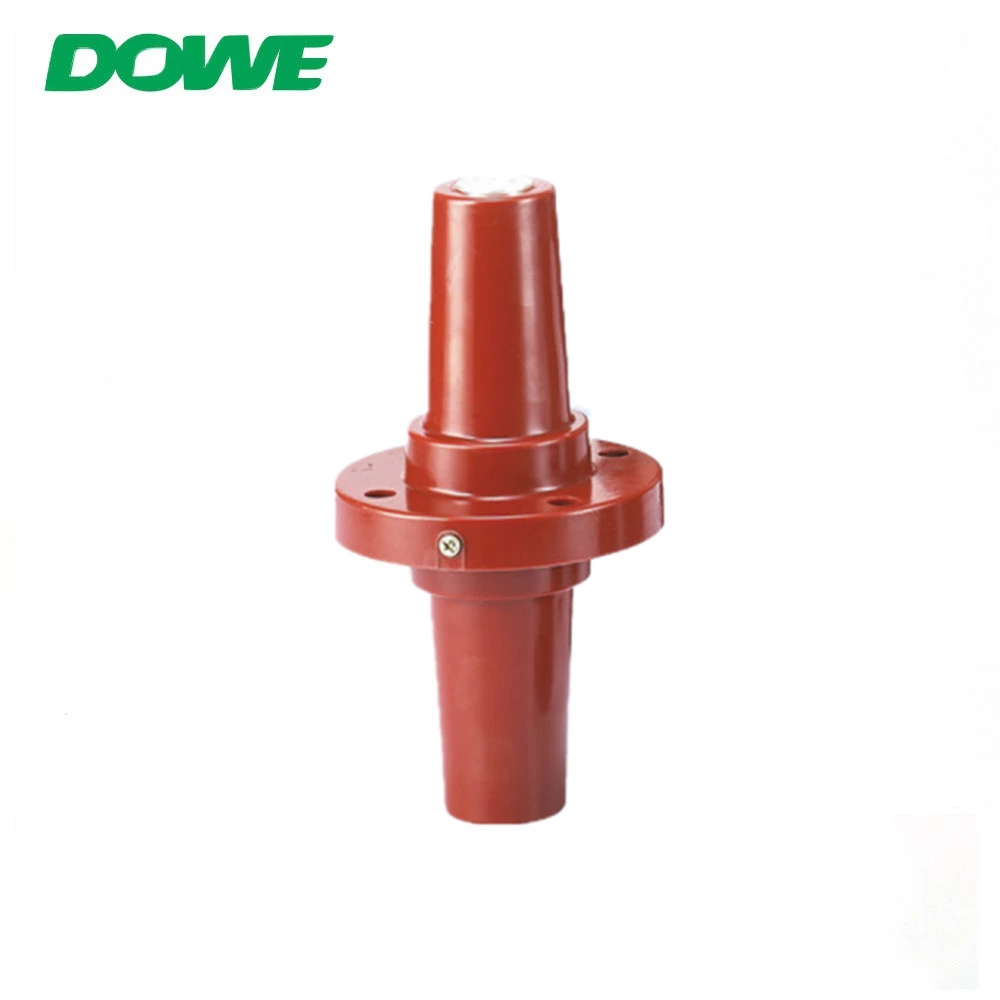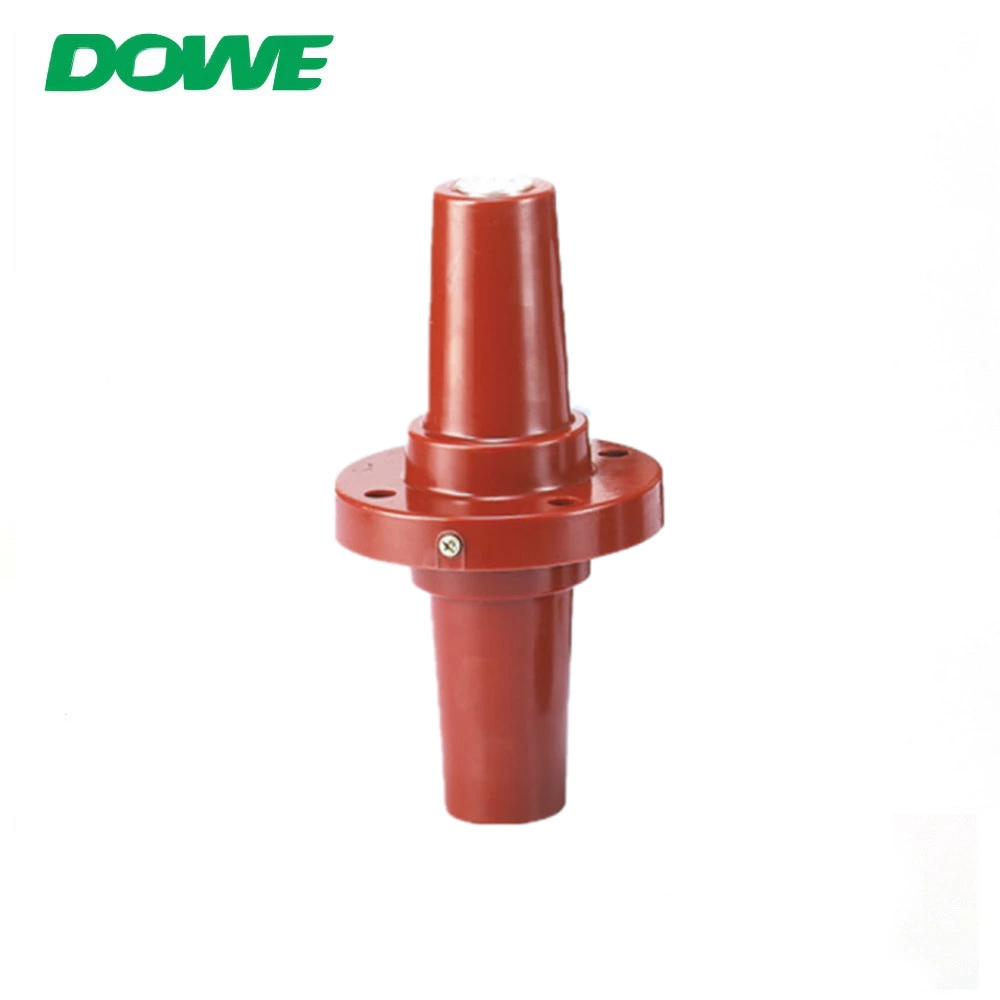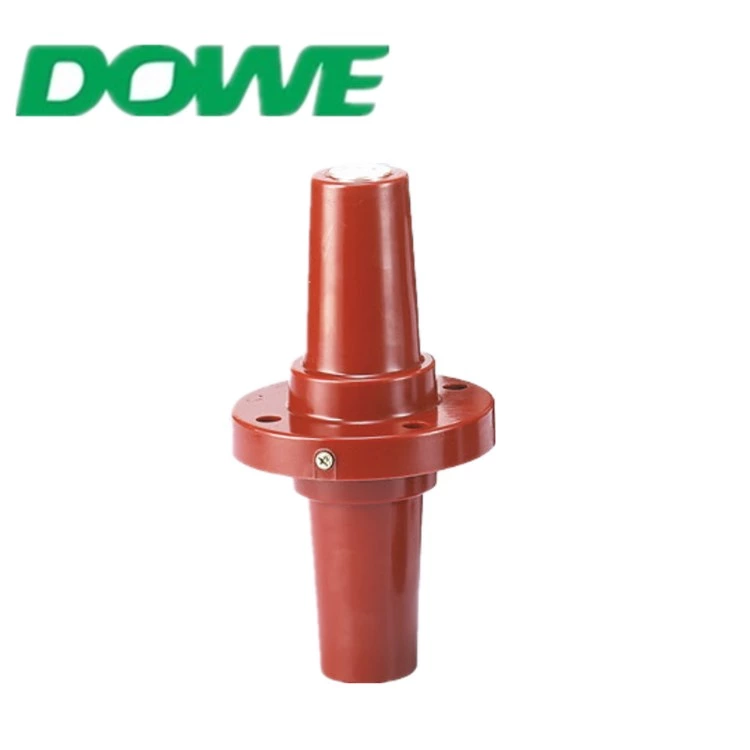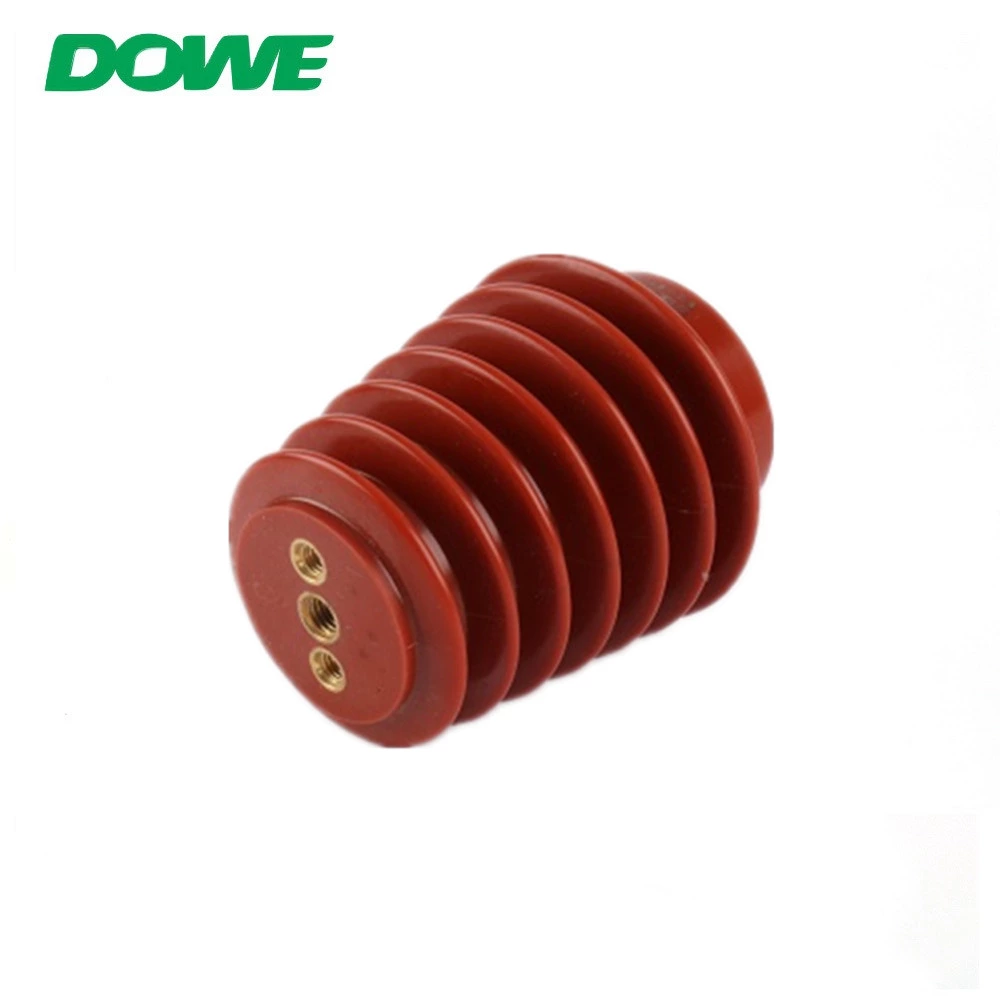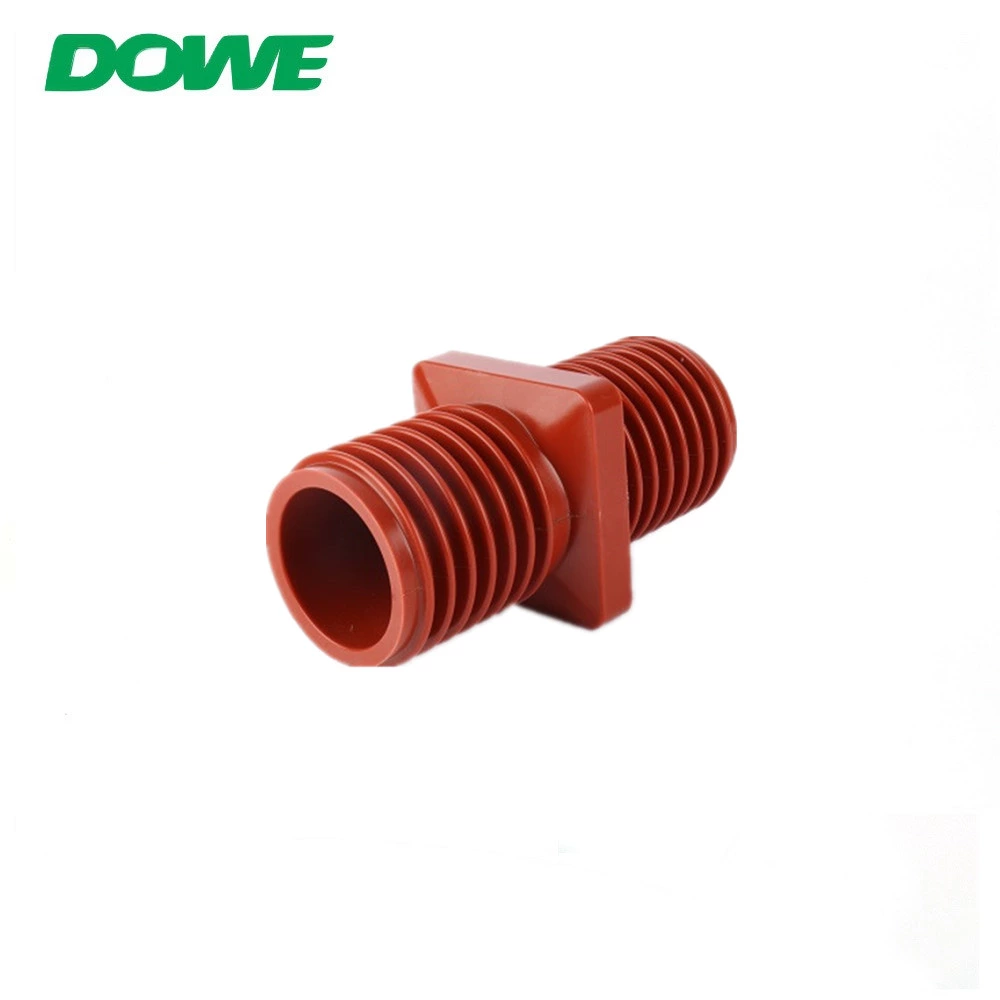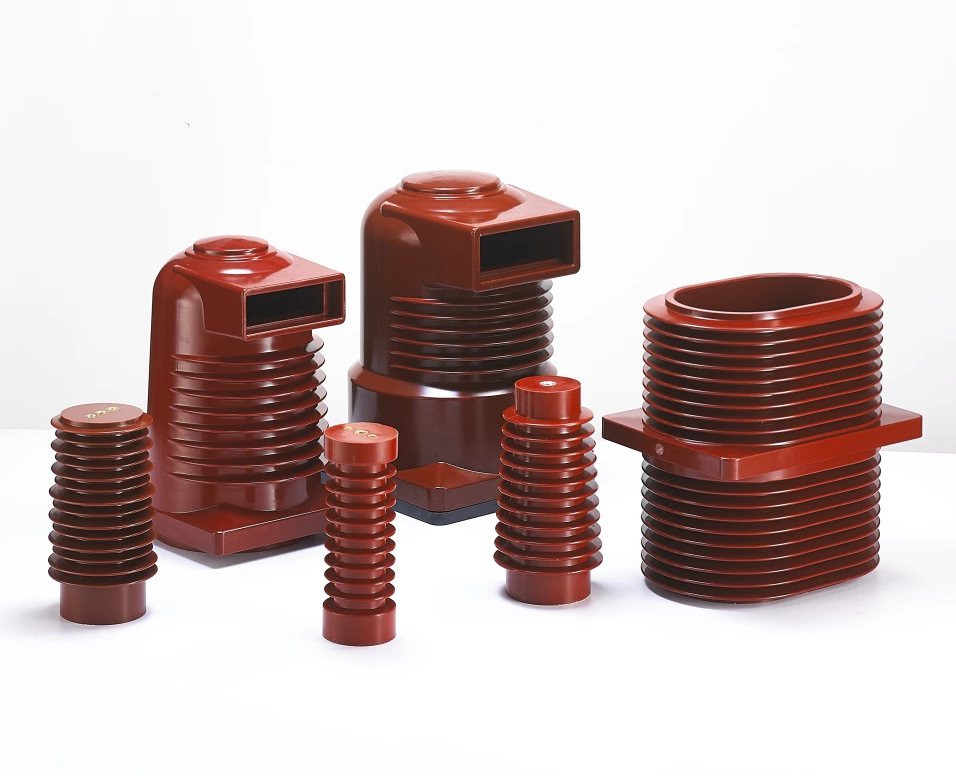How to Find Reliable Busbar Insulator Manufacturers for Your Next Project?

Finding trustworthy manufacturers for busbar insulators can be challenging. Ensuring quality and reliability is essential for project success. Here’s how you can streamline the selection process.
Selecting the right manufacturer is vital for delivering high-quality products on time. Let’s delve into the key factors that make a manufacturer reliable.
Table of Contents
- What Should You Look for in a Busbar Insulator Manufacturer?
- How to Verify the Manufacturer's Credentials?
- What Are the Common Red Flags When Choosing a Manufacturer?
- How to Assess the Manufacturer's Production Capacity and Lead Times?
- What Questions Should You Ask Potential Manufacturers?
- How to Negotiate Terms and Pricing Effectively?
- Conclusion
What Should You Look for in a Busbar Insulator Manufacturer?
Choosing a reliable manufacturer ensures product quality and timely delivery. Key aspects include certifications1, experience, and customer reviews to make an informed decision.
Our experience has shown that partnering with the right manufacturer significantly impacts project outcomes. Understanding what to look for is the first step toward successful collaboration.
Key Factors to Consider
Certifications and Standards
Manufacturers that comply with global certification standards like ISO guarantee product quality and reliability. Certifications are a testament to their commitment to maintaining high standards.
Experience and Expertise
Manufacturers with a proven track record in producing busbar insulators demonstrate expertise and reliability. Experience often translates to better product quality and effective problem-solving capabilities.
Customer Reviews and Testimonials
Feedback from other clients provides valuable insights into a manufacturer’s reliability and customer satisfaction. Positive customer reviews2 indicate consistent performance and dependable service.
| Factor | Importance |
|---|---|
| Certifications | Ensures compliance with industry standards |
| Experience | Reflects expertise and reliability |
| Customer Reviews | Provides insight into customer satisfaction |
How to Verify the Manufacturer's Credentials?
Verifying credentials is essential to avoid counterfeit products. Request documentation and conduct thorough background checks3 to ensure legitimacy.
Ensuring that a manufacturer holds the necessary certifications and has a transparent history helps in mitigating risks associated with counterfeit products and unreliable suppliers.
Steps to Verify Credentials
Request Official Documents
Ask for copies of certifications, licenses, and compliance documents. Legitimate manufacturers will provide these without hesitation, demonstrating their adherence to industry standards.
Conduct Background Checks
Research the company's history, financial stability, and market reputation. Reliable manufacturers typically have a transparent background and a solid presence in the market.
Visit the Manufacturing Facility
If possible, visiting the factory allows for inspection of their operations and quality control processes. This firsthand experience provides valuable insights into their manufacturing capabilities.
What Are the Common Red Flags When Choosing a Manufacturer?
Identifying red flags helps prevent future issues. Be vigilant about lack of transparency, poor communication, and inconsistent product quality.
Awareness of potential warning signs ensures that only reputable manufacturers are considered, safeguarding the integrity and success of your projects.
Common Red Flags
Lack of Transparency
If a manufacturer is unwilling to share information about their processes or certifications, it could indicate underlying issues. Transparency is crucial for building trust and ensuring reliable partnerships.
Poor Communication
Effective communication is vital for smooth operations. Delays or misunderstandings can lead to project setbacks and affect overall collaboration.
Inconsistent Product Quality
Inconsistent quality can compromise project reliability. Always request samples and conduct quality tests before finalizing agreements to ensure consistency.
| Red Flag | Potential Issues |
|---|---|
| Lack of Transparency | Hidden problems and unreliable practices |
| Poor Communication | Misunderstandings and project delays |
| Inconsistent Quality | Unreliable products affecting project success |
How to Assess the Manufacturer's Production Capacity and Lead Times?
Assessing production capacity ensures that manufacturers can meet your project demands. Evaluate their manufacturing capabilities and lead times to align with your project schedule.
Understanding a manufacturer’s capacity helps in planning and ensures that project timelines are met without compromising quality.
Assessing Production Capacity
Evaluate Equipment and Technology
Modern equipment and advanced technology indicate the manufacturer’s ability to produce high-quality insulators efficiently. Up-to-date facilities are often correlated with better production outcomes.
Check Workforce Expertise
A skilled workforce contributes to consistent product quality and efficient production processes. Experienced staff are essential for maintaining high standards and addressing any production challenges.
Understanding Lead Times
Set Clear Expectations
Communicate your project deadlines clearly and ensure the manufacturer can meet them. Clear communication helps in aligning expectations and avoiding delays.
Plan for Contingencies
Allow buffer time for unexpected delays to keep your project on track. Planning for contingencies ensures that minor setbacks do not derail the entire project timeline.
What Questions Should You Ask Potential Manufacturers?
Asking the right questions helps gauge a manufacturer’s suitability. Inquire about their experience, quality control processes, and after-sales support to make an informed choice.
Thoroughly questioning potential manufacturers reveals their capabilities and reliability, ensuring that only the best partners are selected.
Essential Questions to Ask
What Are Your Quality Control Measures?
Understanding their quality control processes ensures that the products meet your standards. Effective quality control is critical for maintaining product integrity.
Can You Provide References?
References from previous clients offer insights into the manufacturer’s reliability and service quality. Verified references help in assessing their performance and client satisfaction.
What Is Your After-Sales Support Like?
Good after-sales support can help resolve any issues that arise post-purchase. Reliable support ensures ongoing satisfaction and addresses any potential problems efficiently.
Sample Questions
| Question | Purpose |
|---|---|
| What are your quality controls? | To ensure product reliability |
| Can you provide client references? | To verify their track record |
| How do you handle defects? | To understand their problem-solving approach |
How to Negotiate Terms and Pricing Effectively?
Effective negotiation ensures you get the best value without compromising quality. Discuss pricing, payment terms, and delivery schedules4 clearly to establish a mutually beneficial agreement.
Transparent negotiations build strong partnerships, leading to long-term collaborations and successful project outcomes.
Negotiation Tips
Be Clear About Your Requirements
Specify your quality, quantity, and timeline needs to avoid misunderstandings. Clear requirements help in aligning expectations and achieving desired outcomes.
Discuss Payment Terms
Agree on payment schedules that are fair and feasible for both parties. Balanced payment terms foster trust and ensure smooth financial transactions.
Strategies for Effective Negotiation
| Strategy | Description |
|---|---|
| Research Market Rates | Understand standard pricing to negotiate better |
| Build a Relationship | Establish trust for smoother negotiations |
| Be Prepared to Compromise | Find a middle ground that satisfies both sides |
Conclusion
Selecting reliable busbar insulator manufacturers is essential for project success and establishing lasting partnerships.
Footnotes
-
Learn more about ISO certifications and their importance in ensuring product quality and reliability. ↩
-
Explore why customer reviews are crucial for assessing the reliability and performance of manufacturers in B2B relationships. ↩
-
Discover effective methods for conducting thorough background checks to verify a manufacturer's legitimacy and reliability. ↩
-
Learn the best practices for negotiating terms and pricing with manufacturers to ensure mutually beneficial agreements in B2B transactions. ↩
